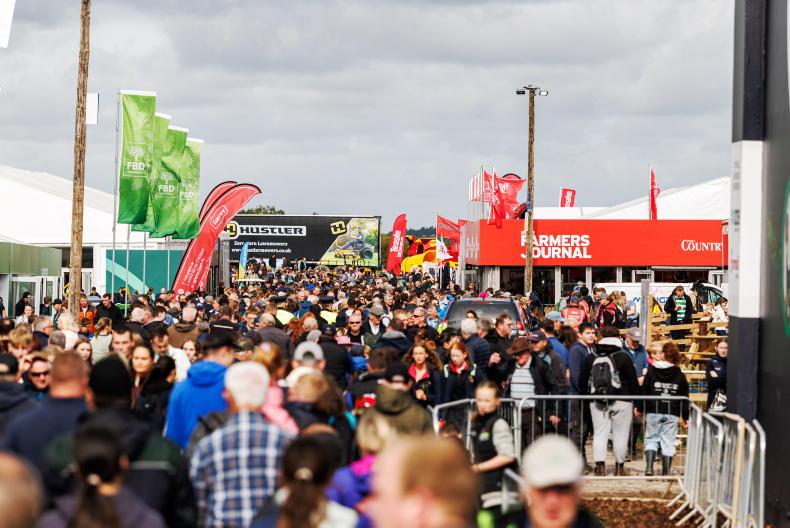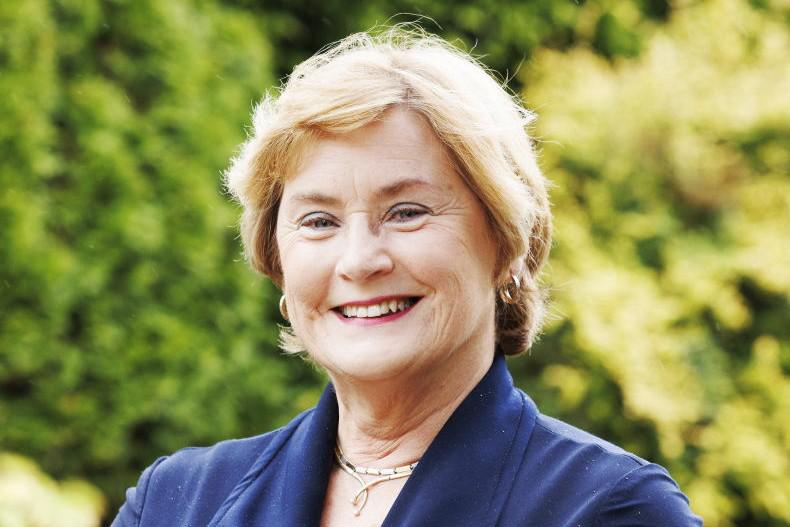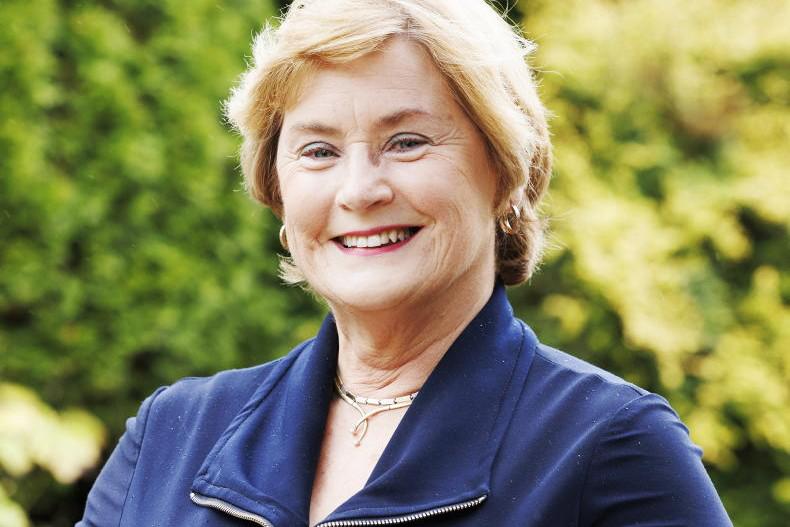It was a beautiful day last Friday. Gone was the mucky weather of the previous days. It was a typical gardening day and, coming after a few wet ones, I was itching to get out. Instead, I was scheduled for an MRI scan in Cork University Hospital. The manner in which these are carried out now is quite amazing. You do not even see, never mind meet, another patient.
Guidelines and safety protocols are exercised perfectly. My signature was required. The girl came from behind her screen. She wiped down the counter (which I could hardly have contaminated) while masked and standing two metres back. She wiped the pen and the pad while describing what she was doing. I wrote my name on the mini-screen. At least, I think I did, as nothing appeared on the screen.
Before I entered the scanning department, Colm, the radiographer, told me he’d be just a few moments while he wiped down the scanner after the last patient. I was on the road home within the hour of my appointment. It begs the question how we got things so wrong in the past, with queues for all kinds of appointments.
Surely this is a better way of doing business and less stressful on everyone concerned. COVID-19 is continuing to teach us how to stay safe from all other infections and viruses, too. I wonder – will we ever shake hands spontaneously again?
Science is changing
We have almost completed the third week of lockdown 2. It continues to be tough. I think it is wise to finish it out and not be looking for the shops to open after four weeks. It will only cause infections to rise again. Each of us has a responsibility to make sure we don’t infect others, and that we do everything possible to avoid catching the virus.
Up to now, I had not known anyone who had tested positive - there was some comfort in that. My friend rang me today to say her mother had contracted the virus. So no matter how safe we think we are, the virus could be just one step away.
The science is changing too, as more research is done. Professor Luke O’Neill from Trinity College, Dublin, did a Q&A session on COVID-19 in the classroom, based on the departments guidelines.
Interesting
I found it most interesting and I would urge anyone in work places to watch, especially teachers. Washing hands, wearing a mask and keeping two metres away are still essential. A visor is only half as good as a mask. Ventilation is clearly a mitigator. There needs to be air exchange in classrooms. That means, the window and door must be opened to allow air to move through.
“Put on your coats,” he said, “If you step outdoors, you lower your risk 19-fold of getting the virus.”
Doesn’t that make farming a great occupation? If you’re doing something more strenuous, keep two metres away and ensure the ventilation is good. At the start of this pandemic, there was huge emphasis on wiping down surfaces. Dr O’Neill said: “Increasingly, the evidence is we don’t catch this off surfaces. The mode of transmission is me to you, through aerosol or droplets, when talking. This is 80%+ of the source of infection. The 20% is if someone coughs onto a surface and you touch it and then touch your face, but this is unlikely.”
“Continue to wash your hands. The virus does not last long on surfaces. Time is a key factor too. Keep your chats brief and avoid the 3 C’s: crowds, close contact and confined spaces!”
The professor advised: “Every time you see a hand sanitiser – use it! In the work place, distance is your best mitigator, followed by hand-washing and wearing a mask, where you can.”
He urged us to look after our own immune systems: “If you get infected, you will clear the virus and won’t get sick.” To boost our immune system we need to get a good night’s sleep, not to be stressed and eat a good balanced diet. Vitamin D is also really important.
“Get a bit of sun or, if you are over 50, take a vitamin D supplement.” His new slogan is “Careless Contacts Costs Lives!” This man is doing a wonderful job of educating us all.
Let’s keep going!








SHARING OPTIONS